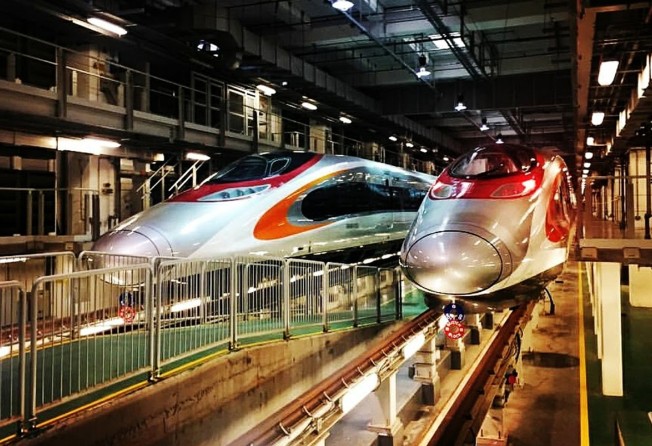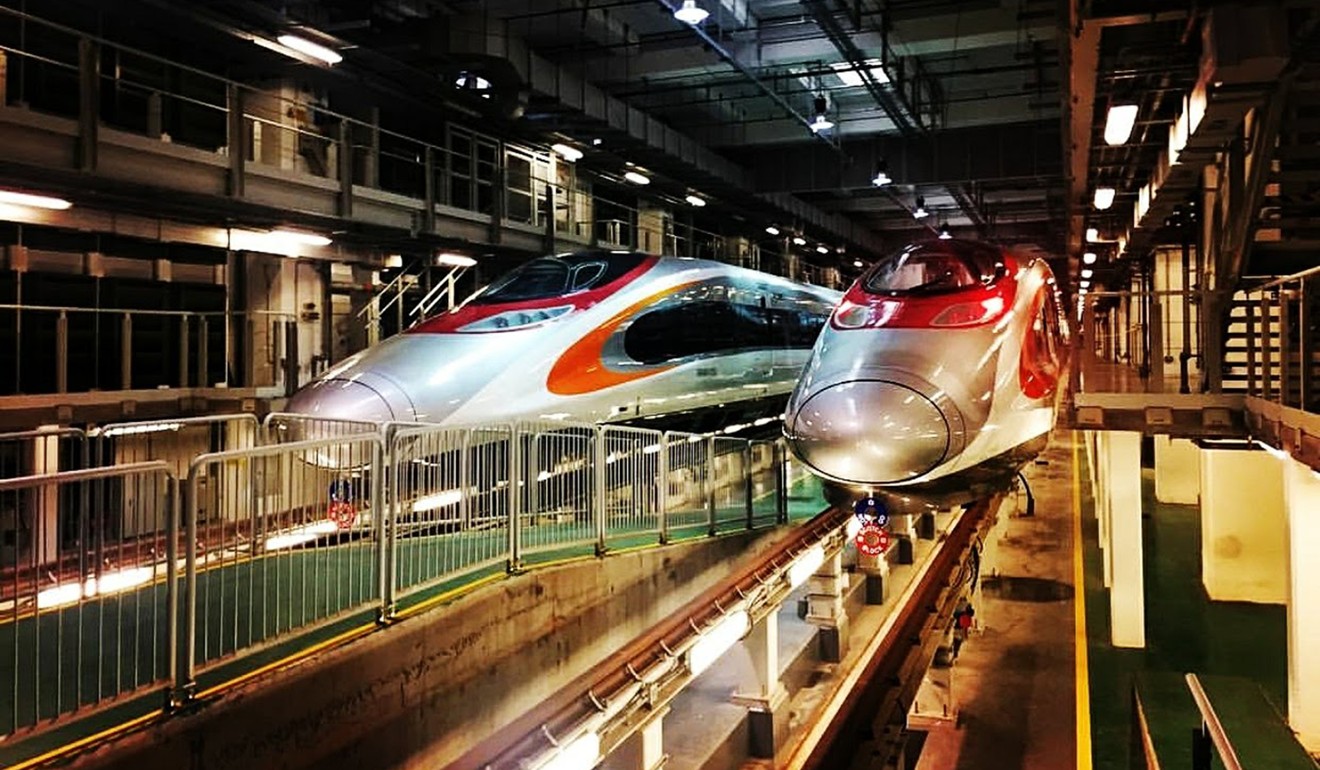‘One railway, two ticketing systems’ not the way for Hong Kong to go
The troubled multibillion-dollar high-speed rail link with mainland China was sold to taxpayers on the grounds of convenience, now that appears far from it

High-speed rail travel is all about convenience. This is also what officials promised when a multibillion-dollar link with the mainland was sold to Hong Kong taxpayers 10 years ago.
By connecting with the 16,000km national high-speed rail network, direct train services will be provided to cities beyond Guangzhou. For instance, passengers can reach Changsha in four hours; Wuhan, Xiamen and Fuzhou in five hours; and Shanghai and Beijing in eight and 10 hours.
But the convenience is seemingly only confined to journeys departing Hong Kong.
As a result of “differences in ticketing systems”, the Mass Transit Railway Corporation, which runs the local railway section, said it would only sell tickets for four short-haul and 14 long-haul trips originating from the city.
The MTR chief first said tickets for destinations involving a change on the mainland would need to be purchased upon reaching the mainland. It was later announced that authorised agents might sell those tickets – with a service charge – at some counters in the West Kowloon terminus.
Passengers may be excused for feeling dismayed by the “one railway, two ticketing systems”. Understandably, ticket sales involve cross-border business interests.
Earlier, an MTR source sought to play down the problem as one that involved “teething technical issues”. Given the rail project was launched as early as 2009, any technical issues should have been long resolved.
This is not the first time the convenience of the much touted railway has been thrown into doubt. Earlier there was uproar when lawmakers found out the Guangzhou terminus was not as well connected as once thought.

Adding to the dismay was the news that cross-border services would not be as cheap and frequent as they were first said to be. Officials have been harping on about the importance of making cross-border rail services as convenient as possible for passengers.
This includes allowing mainland authorities to exercise full law-enforcement powers under the controversial joint checkpoint arrangement being scrutinised by the Legislative Council.
But, ironically, passengers may not even be able to obtain tickets for most mainland destinations in one purchase. We hope this is not the result of either oversight or bureaucracy.
Having used HK$84.4 billion in public funds and taken 10 years to complete, the world’s most expensive high-speed rail link risks becoming a white elephant if it cannot provide maximum convenience.
Today, passengers can buy train and air tickets for Europe and the United States online. It makes no sense to talk of better integration with the mainland while segregating ticketing systems. Concerted efforts must be made to overcome the obstacles and maximise the potential of the new railway.